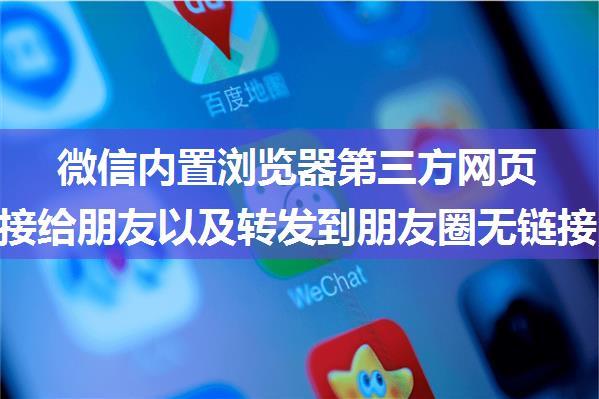
I'd be happy to help you with that! ??WeChat's No-Forwarding Policy: A Detailed Explanation
As a popular social media platform, WeChat has implemented various measures to ensure the integrity and security of its users' conversations. One such measure is the no-forwarding policy, which restricts users from sharing or forwarding certain types of content. In this article, we'll delve into the details of this policy, exploring what it means for users and developers alike.
What is WeChat's No-Forwarding Policy?
The no-forwarding policy is a feature designed to prevent the spread of misinformation, spam, or malicious content on the platform. When a user tries to forward a message that contains specific types of content (more on this later), WeChat will block the forwarding action and display an error message.
Why was the No-Forwarding Policy Implemented?
WeChat's no-forwarding policy is primarily aimed at combating the spread of misinformation, which has become increasingly prevalent in today's digital landscape. By restricting the sharing of certain types of content, WeChat aims to:
1. Prevent the dissemination of fake news: With the rise of disinformation and propaganda, WeChat wants to ensure that users are not inadvertently spreading false information.
2. Combat spam and malicious content: The policy helps to prevent spammers from using WeChat as a platform for distributing unwanted or harmful messages.
3. Protect user privacy: By limiting the sharing of certain types of content, WeChat can help protect its users' personal data and maintain their trust in the platform.
What Types of Content are Affected by the No-Forwarding Policy?
The no-forwarding policy applies to specific types of content that may pose a risk to users or the platform as a whole. These include:
1. Sensitive information: WeChat may block forwarding for messages containing sensitive information, such as financial data, personal identifiable information (PII), or confidential business secrets.
2. Malicious code: The policy aims to prevent the spread of malicious code, including viruses, malware, and other types of harmful software.
3. Spam and unwanted content: WeChat may restrict forwarding for messages that contain spam, unwanted solicitations, or unsolicited commercial communications.
How Does the No-Forwarding Policy Affect Developers?
For developers who create apps or plugins for WeChat, the no-forwarding policy presents some challenges:
1. App development: When developing a WeChat app, you'll need to ensure that your app complies with the platform's guidelines and policies, including the no-forwarding policy.
2. Plugin creation: If you're creating a plugin for WeChat, you'll need to consider how your plugin will interact with the platform's content sharing features.
How Can Developers Work Around the No-Forwarding Policy?
While the no-forwarding policy presents some challenges, developers can still create engaging and interactive experiences on WeChat by:
1. Using alternative sharing methods: Instead of relying solely on forwarding, you can use other sharing mechanisms, such as posting links or using WeChat's built-in sharing features.
2. Designing content that encourages engagement: Focus on creating high-quality, engaging content that encourages users to interact with your app or plugin directly, rather than relying on forwarding.
Conclusion
WeChat's no-forwarding policy is an important measure aimed at maintaining the integrity and security of its users' conversations. By understanding what types of content are affected by this policy, developers can create innovative and interactive experiences that comply with WeChat's guidelines and policies.



